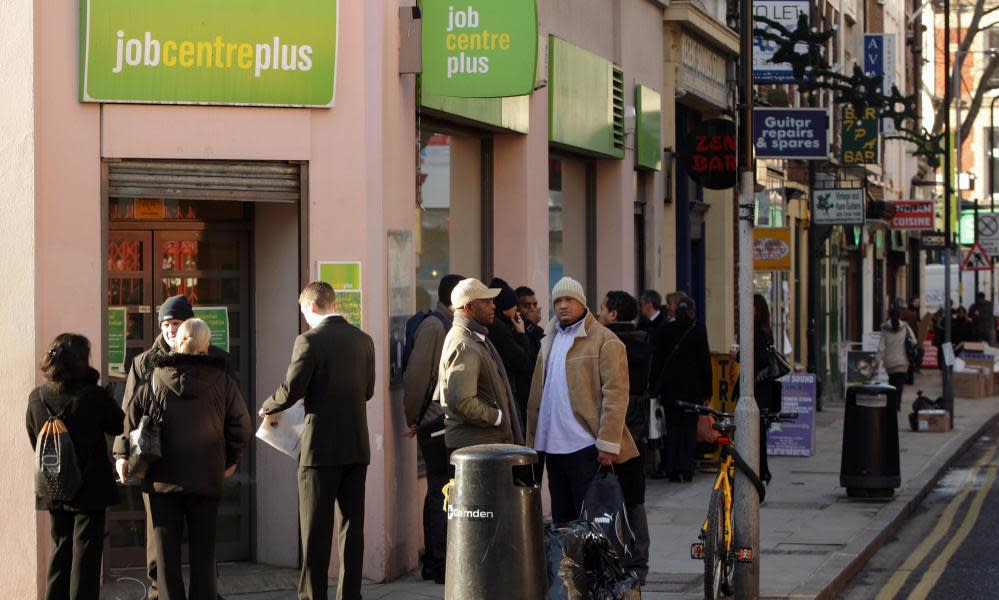Rishi Sunak’s generosity must go further to avert a long-term economic crisis

I read Heather Stewart’s piece with interest (Sunak goes long on support for jobs – but says little about NHS or inequality, 3 March). The budget certainly did “go long”, but I’d still ask whether it was enough. We should certainly welcome measures like the extension to furlough and top-ups to universal credit. The issue is that they risk kicking key issues down the road unless the government follows them up with a long-term plan. The pandemic’s impact on jobs won’t end when we lift restrictions.
The barriers facing disabled jobseekers are systemic. Our research shows that the pandemic has exacerbated these barriers. Now is the time for the government to create specialised support for disabled jobseekers, and extend key skills programmes like Kickstart. Taking action now will do much to halt a deeper employment crisis and longer-term disability discrimination. We also need to see gaps in social care addressed. Disabled adults need social care in order to work. We cannot be said to be levelling up the country if disabled people are left out of the economic recovery.
Gemma Hope
Director of policy, Leonard Cheshire
• Rishi Sunak missed an opportunity to put right an anomaly in the tax system (Spend now, pay later: Sunak flags major tax rises as Covid bill tops £400bn, 3 March). Individuals who carry on working after they have reached state pension age are currently exempt from paying national insurance. Sunak should have removed this exemption and taken it a step further by requiring all pensioners to pay NI if their income warrants it.
This would have no impact on those solely reliant on the state pension given that NI is payable only on incomes of more than £183 a week (for 2020-21). But as Sunak well knows, it would be significant for well-off pensioners and result in them making a substantially higher contribution – undoubtedly a deterrent for a Tory chancellor. The extra funds could have been earmarked for the NHS and social care, which would have made the measure more palatable to those impacted by the change.
As a pensioner, I think we should share the costs of recovery between generations. It smacks of intergenerational unfairness to put the load disproportionately on those of working age. We should all be in this together.
Mike Pender
Cardiff
• The NHS got just two mentions in the budget speech. At the start Rishi Sunak offered “immense praise” for its efforts and at the end he promised to “keep our NHS strong”, but in the guts of the speech, where it mattered, there was nothing. No money for more hospital beds, nurses or doctors and no money for social care or mental health. As a commentary on the heroic efforts of NHS staff over the last 12 months and their needs going forward, it was hard to believe.
Michael Leigh
London
• Rishi Sunak in his budget speech: “I have and always will be honest with the country about the challenges we face.” I am not sure how he can square that with a failure to mention the adverse economic impact of Brexit, which both the independent Office for Budget Responsibility and Bank of England have estimated will be greater than that of Covid-19.
Adrian Cosker
Hitchin, Hertfordshire
• The Guardian is full of articles accusing Rishi Sunak of “pork barrelling”. Am I right in thinking that was one of David Cameron’s Bullingdon Club rituals?
Martin Piercy
Cheltenham, Gloucestershire

 Yahoo News
Yahoo News 
